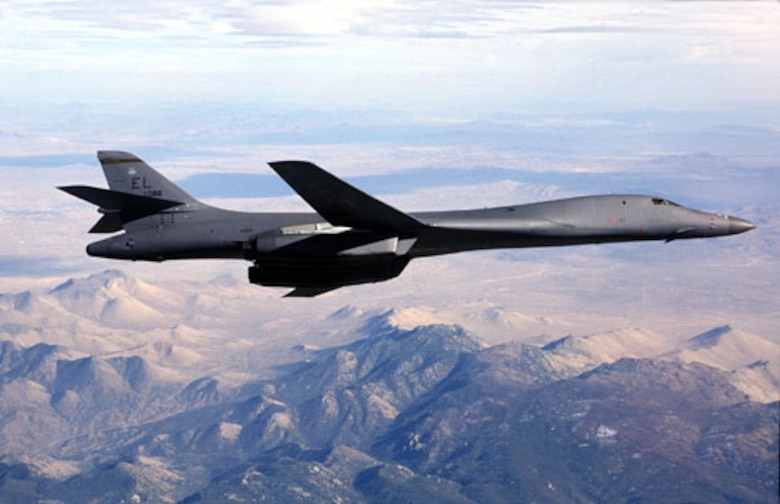The U.S. and Norway have signed an updated military cooperation agreement that permits the American military to construct new facilities at three Norwegian airfields and a naval base. In the words of the Stars and Stripes report that related the development, the move “comes amid continuing concerns of Russian military activities along NATO’s borders, including in the Arctic region.”
The locations marked for U.S. military deployments are the Evenes Military Air Station, Rygge Military Air Station, Sola Military Air Station and Ramsund Naval Station. The Evenes and Ramsund bases are in the Arctic. In the words of Norwegian Foreign Minister (before that defense minister) Ine Eriksen Soreide, the new agreement, which provides the Pentagon unimpeded access to the bases, “confirms Norway’s key position on the northern flank of NATO.”
This announcement comes less than two years after the U.S. began upgrading a radar station at Vardø in northern Norway with a Globus-III system. Vardø is less than 40 miles from Russia’s Kola Peninsula, which contains several Arctic naval bases hosting nuclear submarines attached to the strategic Northern Fleet.
American military presence in the Scandinavian nation, though not fully acknowledged until recent years, has been extensive. At the beginning of the Cold War U.S. Marine Corps took over a cave complex near Bodø, in the Trondheim region of central Norway – the exact location not disclosed – which contained eight air conditioned caves where Marines were stationed. A 2018 Marine Corps report on the complex was titled US Marines store equipment in secret caves in preparation for war with Russia. In the same year the Marine Corps inaugurated a second training base in the Troms region, closer to Russia. The Marines at the first location were redeployed last year and now return on a rotational basis.
Last month a formerly nuclear-capable B-1 supersonic bomber landed at the Bodø Air Station, the first landing of its kind within the Arctic Circle.

The Barents Times said this about the location of the event:
“Bodø Air Base just north of the Arctic Circle is home to Norway’s fleet of F-16 fighter jets, including NATO’s northernmost aircraft prepared for alert-scramble to meet Russian military planes flying out from the Kola Peninsula.”
For the first fifty years of its existence, NATO only had Norway’s 125-mile border with Russia as it direct battle line with the latter nation. Norway is again assuming special significance in NATO’s plans to contain and confront its 72-year adversary.
Rick Rozoff has been involved in anti-war and anti-interventionist work in various capacities for forty years. He lives in Chicago, Illinois. He is the manager of Stop NATO. This originally appeared at Anti-Bellum.


